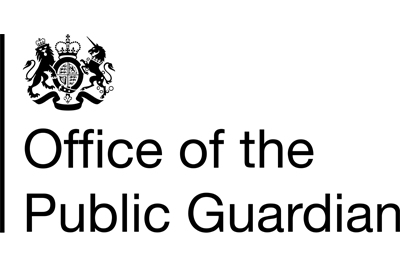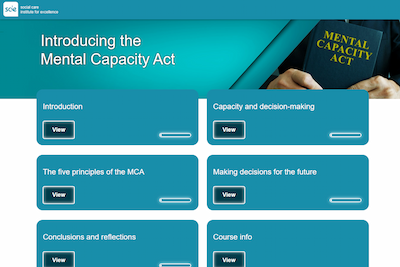Everyone working with the Mental Capacity Act should feel confident putting the key principles into practice. That means focusing on a person’s right to make their own decisions, and assuming that a person has the capacity to make the decision. It also means every effort must be taken to encourage and support the person to make the decision for themselves.
If a person has been assessed as lacking capacity then any action taken, or any decision made on behalf of that person, must be made in their best interests. The person who has to make the decision is known as the ‘decision-maker’ and normally will be the person responsible for the support or treatment in question, such as a doctor, care worker, nurse or social worker.
One area where applying the MCA properly can make a big difference is in care planning. We look at all these issues in the sections below.

Assessing capacity
We might all have problems making decisions from time to time, maybe due to illness, tiredness or indecision. But the MCA is designed to go beyond these types of situations.

Decision-making
The MCA focuses on an individual’s right to make their own decisions, and assumes that a person has the capacity to make the decision (principle 1). Every effort must be taken to encourage and support the person to make the decision for themselves (principle 2).

Best interests
It is important for the application of the MCA to have a fundamental understanding of the best interests principle.

Care planning
Report showing commissioners and providers of care how to embed the principles of the MCA into care and support planning across the board.

Representing the person
Enabling individuals who lack capacity to give people they trust the authority to make decisions for them and protecting their interests.

Mental Capacity Act e-learning course
This CPD-accredited online course explores the Mental Capacity Act 2005, including best interests decision-making, and how to support people to make their own decisions.
